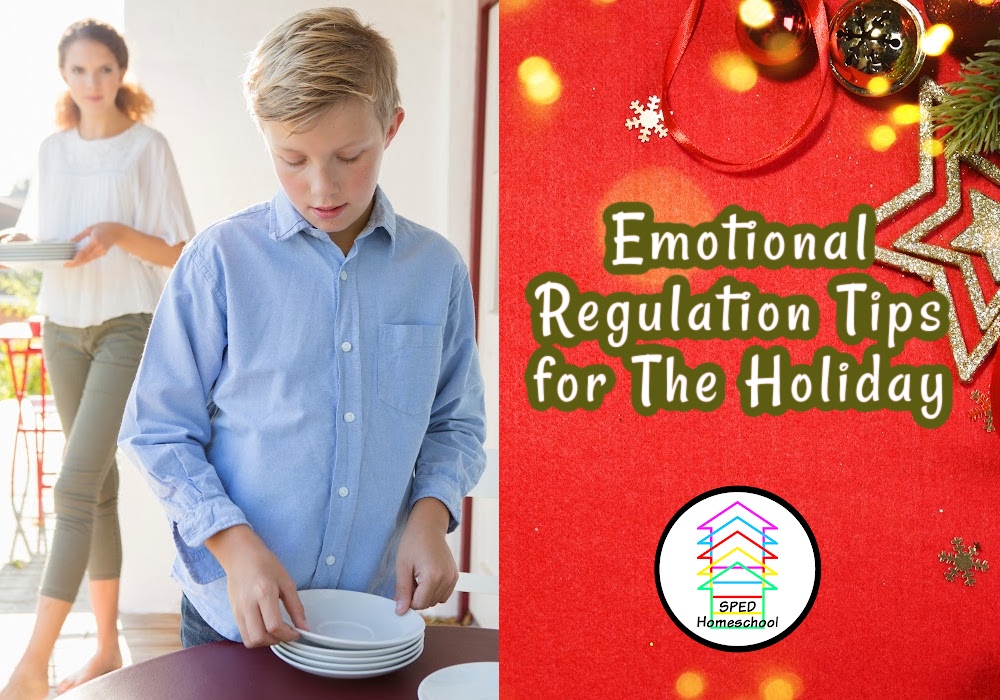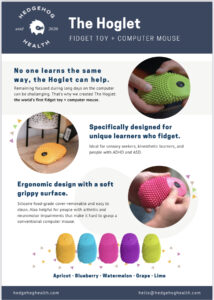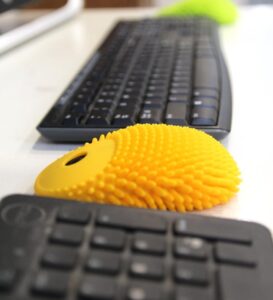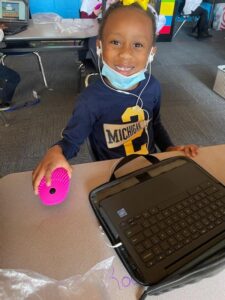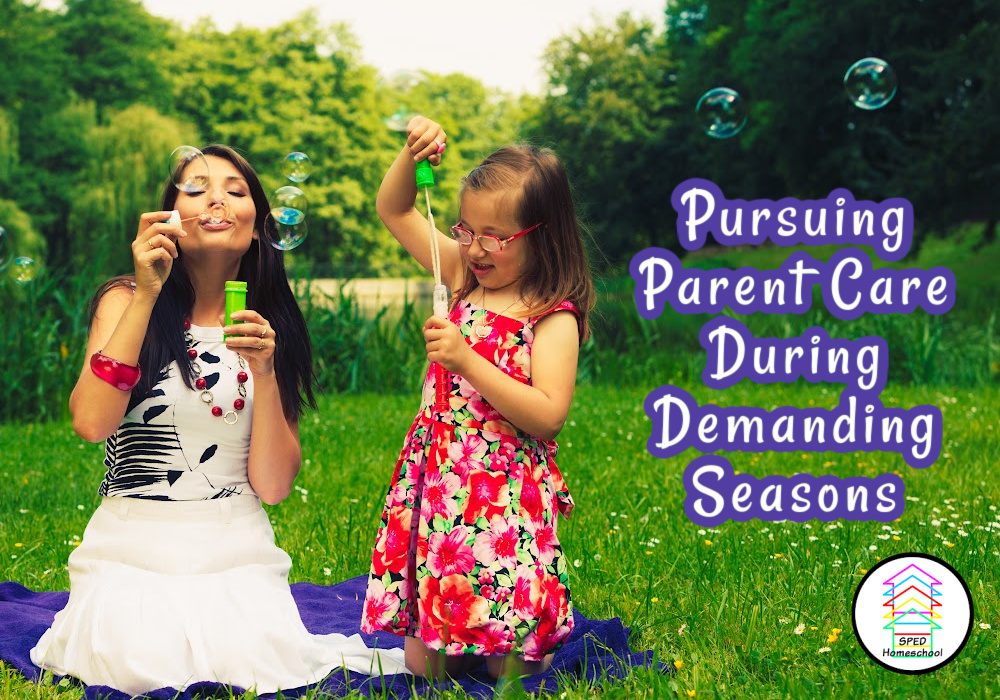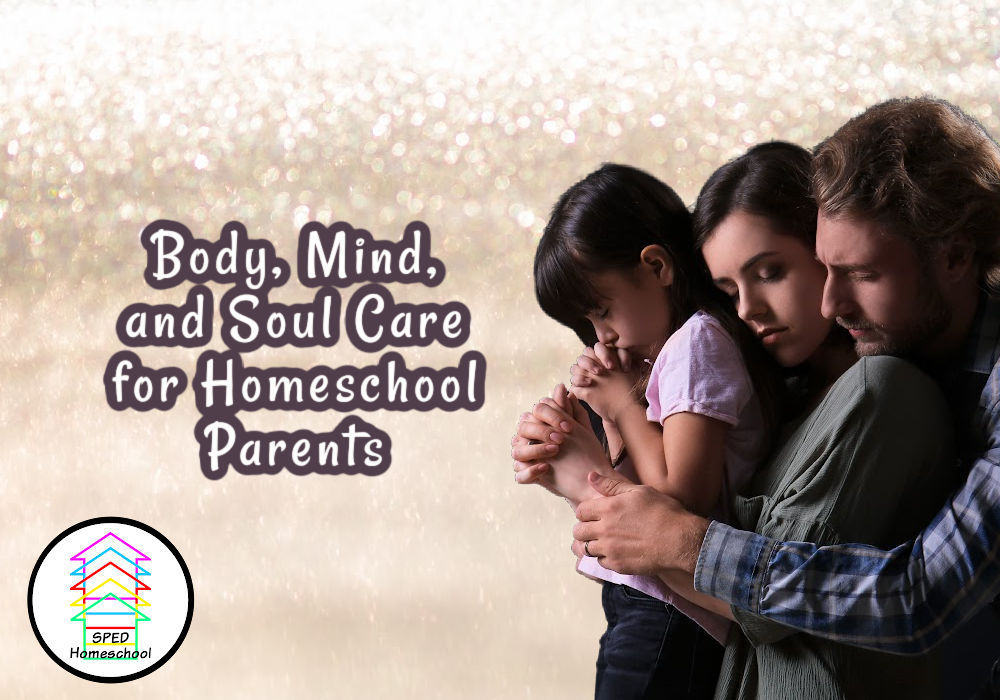
by Mandi Frost from My Life Coach 360
How much energy, zest or joy do you have on a scale of 1-10?
What is stealing your joy?
Home schooling can be a lot for parents, in addition to all the other family responsibilities.
Therefore, it’s important to evaluate what is good, better, or best with regards to taking care of your soul, mind, and body so you “finish the race well” with joy.
Your Soul:
What is best is your spiritual care and pointing your children to Christ as they also take care of their spiritual health.
It is GOOD that you are home educating your child and not relying on the state to educate them according to man’s philosophies and cultural beliefs.
It is BETTER to provide them with a curriculum from a Biblical worldview that points to Christ and the gospel and gives them a solid foundation, so they know how to defend their faith and find their identity in Christ.
“Always be prepared to give an answer to everyone who asks you to give the reason for the hope that you have. But do this with gentleness and respect, keeping a clear conscience, so that those who speak maliciously against your good behavior in Christ may be ashamed of their slander.” 1 Peter 3:15,16
It is BEST to teach them God’s absolute Truth so they are secure in what is True and not swayed by man’s ideas. Man’s “truth” does not exist because it is based on subjective truth, changing with the times AND because man is not inherently good, the nature of man.
“There is a way that appears to be right, but in the end, it leads to death.” Proverbs 14:12
“I am the way and the truth and the life. No one comes to the Father except through me…” John 14:6
Jesus said, “No one is good—except God alone.” Mark 10:18b.
Only what God says is good and True is truly good because man is not inherently good.
In the story of Mary and Martha, Jesus said: “Martha, Martha, you are worried and upset about many things, but few things are needed—or indeed only one. Mary has chosen what is better, and it will not be taken away from her.” Luke 10:41,42
What do you and your children mostly need?
Your Mind:
The battle starts in the mind. Our beliefs, choices, deeds, actions, decisions start with a thought. Our minds reveal what’s in our hearts.
It is GOOD to keep young minds away from the indoctrination and secular ideology that twists scripture and Biblical principles about how we were created by God and how we are to live.
Help your child spot the many lies of this culture. For example: “follow your heart.” “The heart is deceitful above all things and beyond cure. Who can understand it? “I the LORD search the heart and examine the mind, to reward each person according to their conduct, according to what their deeds deserve.” Jeremiah 17:9,10
When you “follow your heart,” you are following your own truth.
It is BETTER to teach your child in the “Socratic method” of learning through coaching, curiosity, questions, and many conversations and discussions around relevant topics that builds trust, critical thinking and invites relationship.
It is BEST to train your child in how to renew their minds and change unhealthy behaviors so they will not conform to the ideas and “patterns” of this world and instead be transformed by Truth. Just because we think a thought, doesn’t make it true – we need to examine it and challenge it to align our thinking patterns with scripture.
“Do not conform to the pattern of this world but be transformed by the renewing of your mind. Then you will be able to test and approve what God’s will is—his good, pleasing and perfect will.” Romans 12:2:
It is BEST to model the behavior you want to see in your children. By renewing your mind, God works through you as you show up calmer and respond in healthier ways, so your children trust you, feel safe to share with you, and build relationships and respect.
What is God showing you?
Your Body
Finding life balance in this busy and “disconnected tech world,” can be challenging for families.
It is GOOD to eat healthy meals and train children to do the same as they learn about natural foods with less sugar, chemicals, and processing. “God saw all that he had made, and it was good.” Genesis 1:29
It is BETTER to exercise and get enough sleep and care about your physical energy to be available and present just as you care about your children’s sleep, exercise, and energy levels.
It is BEST to build balance in all areas of living – soul, mind, and body – for healthier and happier families.
“Come to me, all you who are weary and burdened, and I will give you rest. Take my yoke upon you and learn from me, for I am gentle and humble in heart, and you will find rest for your souls. For my yoke is easy and my burden is light.” Mathew 11:28-30
His yoke. His timing. Lean on Him. Learn from Him.
As you rest in Him, only Christ can meet your deepest needs. Balance is knowing God`s BETTER – which is BEST – not what you may think is best.
“There is a time for everything, and a season for every activity under the heavens” Ecclesiastes 3: 1
What do you need to “take off your plate?”
Practical ideas to renew soul, mind, and body:
Disconnect to connect
- Model being present with your children and tech intentional with your own device use.
- Decide on no-tech-zones (dinner table, bedroom, car etc)
- Schedule no tech days and let your child get bored to be creative and self-reflect
How many times do you look at your phone in a day?
Do you stop what you’re doing on your phone if a child needs your attention?
Journal and prayer
- Taking time out in your day to self-reflect and pray will help you show up calm and think about conversations you need to have with your children. Time with the Lord helps you prepare for the day as you hear God’s still small voice.
How could you set aside time for this?
Movement
- Start with short spurts of 10-minute exercises (walks, stretches, weights, pushups, Pilates.)
How could you schedule 10-minute gaps in your day, so you don`t forget?
What could you do together as a family?
Laugh, humor and play
- Play with your child/teen–look through childhood pictures, build memories
- Prioritize regular family times (as you would a business meeting) and get your children to take turns planning an event of laughter, board games, puzzles, reading together and others.
When was the last time you had a good laugh with your children?
Healthy meals and chores
- Planning healthy family meals and sitting down at the dinner table to converse in conversations improves relationships.
- Cook extra food for a backup plan for busier days. Get the family involved in planning and cooking as you train them to contribute to family needs.
- Chores are family contributions and ways to serve one another.
Have you set up chore routines and do your children know exactly what they need to do?
Nurture Relationships
- Speak your child’s love language and let them know yours for more connection.
- See Gary Chapman’s book: The 5 Love languages.
What is your child’s expression of love?
When you lean into Jesus, you will find joy!
Bio: Mandi Frost is a veteran home educator for over 25 years, Jesus follower, and an academic life coach to adolescents and coach to parents. She shows parents the exact coach training tools learnt in her professional training with the ICF (International Coach Federation). Mandi loves supporting parents in home schooling using coach strategies that transform family dynamics. Mandi and her husband are empty nesters and originally from South Africa and Zimbabwe. Having had to leave their home because of political unrest, they witnessed many miracles of His goodness and protection in Africa. Now living in Colorado Springs, Mandi loves reading, hiking, studying God’s word, and the outdoors.


